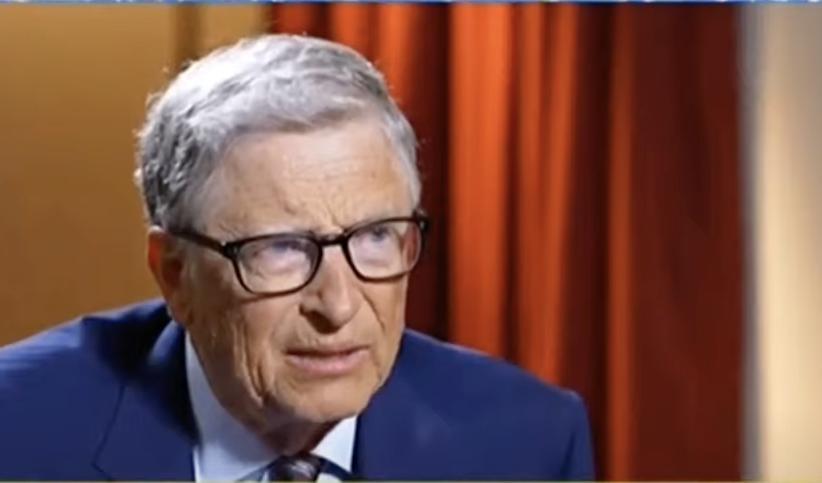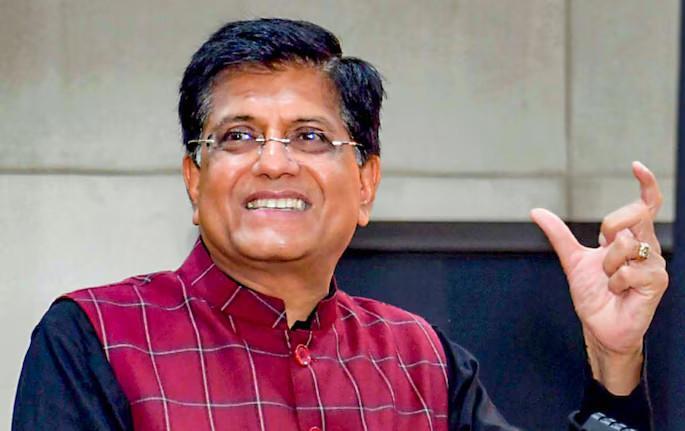
India becoming ‘affordable’ market in space-tech boom: Bill Gates
The Indian space-tech industry has been making significant strides in recent years, and its affordability has caught the attention of global giants. Microsoft co-founder Bill Gates, in an exclusive interview with Times Now, hailed India’s contribution to the sector, saying the country is part of the “game” and is making a significant impact.
Gates’ remarks come as no surprise, given the rapid growth and innovation witnessed in the Indian space-tech industry. The country has been at the forefront of developing affordable and reusable rockets, satellites, and sensors, making it an attractive market for investors and stakeholders.
“The things being done by India are benefiting us,” Gates told Times Now, emphasizing the importance of the Indian contribution to the global space-tech landscape. “India, amongst its huge number of startups – cheap rockets or satellites or cheap sensors – is part of that game, making a contribution.”
Gates’ comments are significant, considering his reputation as a pioneer in the tech industry. His endorsement of India’s space-tech sector is a testament to the country’s growing capabilities and potential for growth.
So, what makes India’s space-tech industry so attractive? Several factors contribute to its affordability and competitiveness. For one, the Indian government has been actively promoting the sector through initiatives such as the Indian Space Research Organisation (ISRO)’s Reusable Launch Vehicle (RLV-TD) program. This program aims to develop a reusable rocket that can significantly reduce the cost of access to space.
India’s space-tech startups have also been instrumental in driving innovation and affordability. Startups like Skyroot Aerospace, Agnikul Cosmos, and Interorbital Systems are working on developing affordable and reusable rockets, satellites, and sensors. These startups are not only reducing costs but also increasing the efficiency of space-based applications.
Another factor contributing to India’s affordability is its large talent pool. The country has a massive pool of skilled engineers, scientists, and technicians who are well-versed in space technology. This talent pool has enabled Indian companies to develop innovative solutions at a lower cost.
The Indian space-tech industry has also been benefiting from the country’s robust IT infrastructure. India’s IT sector has enabled companies to develop software and hardware solutions that are compatible with global standards, making it easier to integrate with international systems.
Gates’ endorsement of India’s space-tech sector is likely to attract more global attention and investment. As the global space-tech market continues to grow, India is poised to play a significant role in shaping the future of space exploration and applications.
In conclusion, Bill Gates’ remarks on India’s affordable space-tech boom are a testament to the country’s growing capabilities and potential for growth. India’s affordable rockets, satellites, and sensors are making it an attractive market for investors and stakeholders. As the global space-tech market continues to evolve, India is poised to play a significant role in shaping the future of space exploration and applications.






